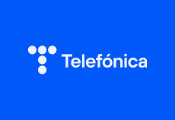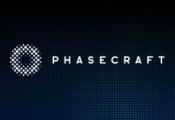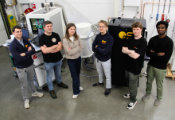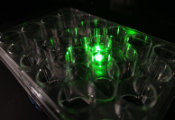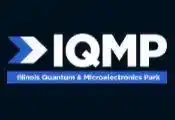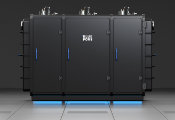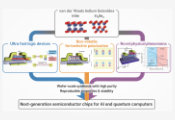Interlune Receives U.S. Air Force SBIR Direct-to-Phase II Contract to Increase Domestic Supply of Helium-3 for Quantum R&D Programs
SEATTLE, November 19, 2025 -- Interlune announces it has been selected by AFWERX for an SBIR Direct-to-Phase II contract in the amount of $1.25M focused on new technology to separate helium-3 from domestic helium and increase the country's supply of this critical isotope. Helium-3 is essential for cooling superconducting quantum computers to the near absolute zero temperatures necessary to function, and this effort aims to address the most pressing challenges in the Department of the Air Force (DAF).
The Air Force Research Laboratory and AFWERX have partnered to streamline the Small Business Innovation Research (SBIR) and Small Business Technology Transfer (STTR) process by accelerating the small business experience through faster proposal to award timelines, changing the pool of potential applicants by expanding opportunities to small business and eliminating bureaucratic overhead by continually implementing process improvement changes in contract execution. The DAF began offering the Open Topic SBIR/STTR program in 2018 which expanded the range of innovations the DAF funded and now on August 26, 2025, Interlune will start its journey to create and provide innovative capabilities that will strengthen the national defense of the United States of America.
"Helium-3 makes the world a safer place," said Rob Meyerson, Interlune co-founder and CEO. "Interlune is honored to serve our government and the general public by delivering more of this much-needed isotope on a short timeline."
Currently, the U.S. is estimated to produce only about 1 kilogram of helium-3 per year. The government has been seeking a new source since about 2010, when it identified a shortage.
Interlune's novel technology is expected to double the current yearly supply. Additionally, the Interlune approach does not require the production of additional tritium, which decays into helium-3 over a 12-year half-life.
The Air Force utilizes helium-3 for research and development programs involving superconducting quantum computers, with the Air Force Research Laboratory (AFRL) Information Directorate leading this project.
Terrestrial sources will provide enough helium-3 for the short term, but to realize the full potential of quantum computing at scale, a much larger supply will be needed. To that end, Interlune will use advancements from this initiative to inform the technology that will harvest industrial quantities of helium-3 from the Moon.
The system funded by this grant will ultimately be integrated into an existing U.S. helium liquefaction plant, where it will extract helium-3 and return the purified helium to production with minimal disruption to plant operations.
The Phase II effort announced today will focus on prototyping and demonstrating the components at a pilot scale, as well as defining the physical, thermal, and operational interfaces required for eventual integration with the plant. Phase III will entail demonstrating the integrated system at an operational scale.
As quantum computing is poised to move from R&D labs to commercialized applications, demand for helium-3 is unprecedented. Last September, Interlune announced an agreement with quantum technology refrigeration company Bluefors for the purchase of more than $300 million of helium-3, which currently sells for about $20 million per kilogram.
Helium-3 is also used in national security to detect hazardous materials and weapons at borders and ports. In the future, it is expected to be used to create clean fusion energy and in medical imaging.

